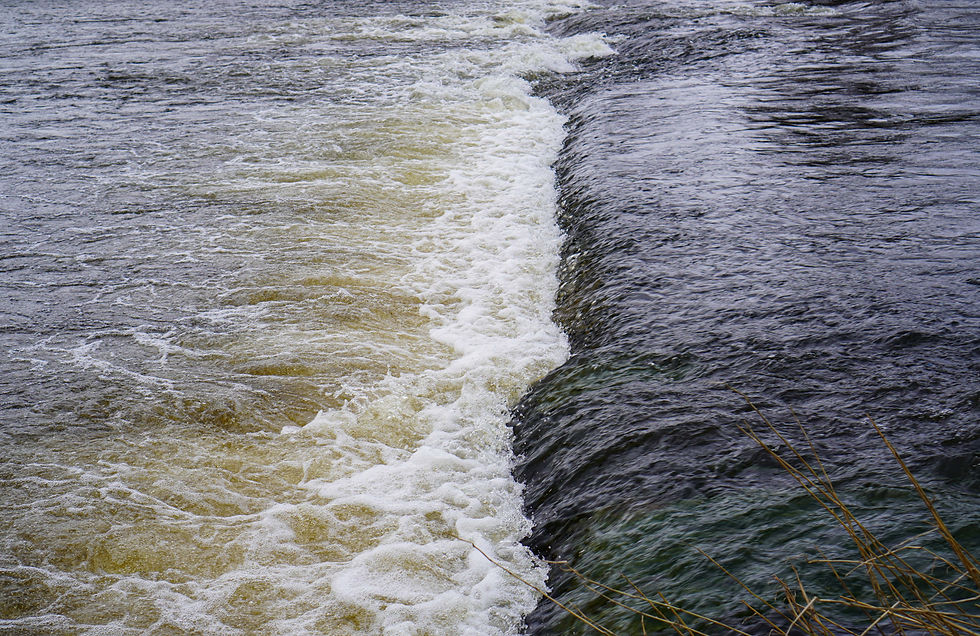Project Adventure
- Kari Giordano

- Feb 4, 2020
- 2 min read
In 8th grade, I along with my classmates had the opportunity to apply for the famous Project Adventure program that would begin as we entered high school the following year. My sister had been a part of the program during her freshman year and since I did everything she did, I applied and was also accepted.
The Project Adventure team consisted of a small group of teachers who curated their academic courses in line with the program ideals. Students represented a portion of the 9th grade population and went through their schedule as a cohort. Though our curriculum prepared us for the NYS Regents exams, it had a heavy project-based focus and was the perfect example of out-of-the-box learning. If alumni opinion of the program serves as any indicator, Project Adventure proved to be very successful, meaningful and memorable.
Project Adventure, Inc. advertises multiple programs for youth, college/universities, sports teams, & professionals on their website however none of these descriptions match my memory of what it looked like in1996 at Roy C. Ketcham High School. In essence, Project Adventure was an interdisciplinary, project-based program that encouraged risk-taking, cooperation, team work, self esteem, trust-development, and leadership all while aiming to instil a sense of adventure. More so than that, it was an early example of place-based, outdoor learning that provided a solid balance between an innovative curriculum and one designed for standardised examinations.
As I’ve been moving deeper into the world of place-based education, I realise that I have a solid understanding of its efficacy rooted deep in my own memory. My 9th grade teachers were masters in establishing a connection to place and using it to engage students and empower leadership and curiosity. Project Adventure took us swimming in caves, mining for gypsum, hiking our local mountains, writing poetry on the Hudson River, canoeing and testing water, learning about our local social history, learning about our ancestors, cross country skiing, climbing ropes courses, and these are only some of the lessons that occurred outside of class.
I am so grateful to have had teachers who were willing to make relevant, engaging connections to questions found on exams and truly feel as though I would not be the person I am today if I hadn’t participated in Project Adventure. In asking my old classmates what their memories of Project Adventure are, one, a current middle school teacher, replied, “I feel like teachers today couldn’t get away with half the fun stuff they let us do then!!!” It is sad and disheartening to know that in most schools, this is true. I do, however notice a trend of the acceptance and acknowledgement of outdoor education’s value. In Scotland, environmental, outdoor education is a buzzing and educators are keen to not only teach in one’s local environment but to teach about one’s local environment. My hope is that this trend continues and educators in schools that haven’t already done so, follow suit.
My head spins and the pages of my notebook fill up when I think about all the possibilities of place-, project-, outdoor-, intergenerational-, and adventure-based programs in rural schools such as my own.




Comments